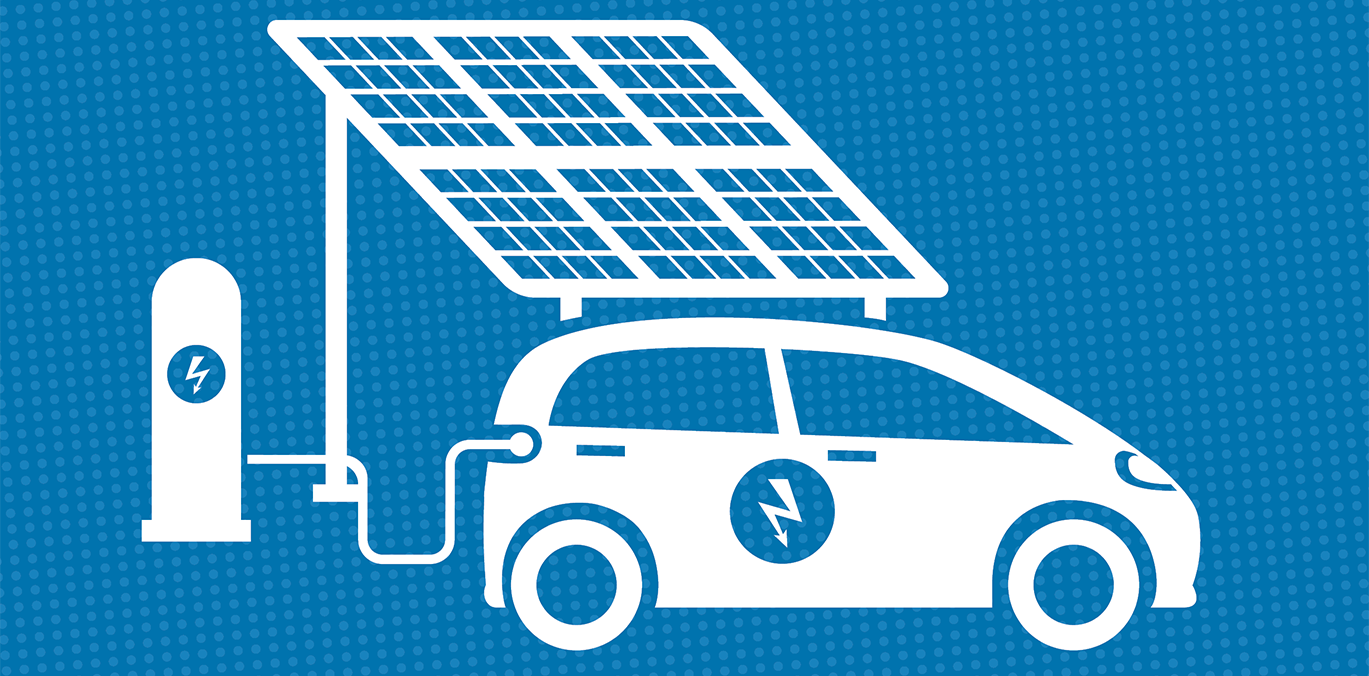A new Frontier Economics report proposes a programme of policies to deliver energy efficient homes in the UK.
Since the demise of Warm Front, the Green Deal and the Zero Carbon Homes target UK government has made no substantial effort to produce new energy efficiency policies to keep us on track to meet our carbon targets. In light of this policy void, Frontier Economics has today published a new report recommending a comprehensive Buildings Energy Infrastructure Programme to achieve major energy savings in UK homes.
The report was commissioned by the Energy Efficiency Infrastructure Group (EEIG), a collaboration of over twenty organisations including leading industry and trade bodies, think tanks, environmental NGOs and major engineering, energy, construction and insulation businesses.
The report provides a coherent programme of actions to improve the energy performance of UK homes.
Key recommendations include:
- A target for all homes to be brought up to an energy performance rating of C (on the A to G scale) by 2035, with all low-income households achieving a C rating by 2030
- A requirement for new homes to be constructed to a zero-carbon standard by 2020
- Subsidies for all low-income home-owners to make energy efficiency renovations to their properties
- A demonstrator programme to test the most attractive schemes to unlock able-to-pay households’ investment in energy saving renovations, including zero interest loans, low interest equity loans you don’t have to pay back until a home is sold and salary sacrifice schemes like those for childcare vouchers
- Changes to Stamp Duty to encourage renovations when people move home
- Tax allowances for private landlords and 50% subsidies for social landlords to undertake energy efficiency renovations
Frontier Economics Chairman, Gus O’Donnell said “In a world where it is difficult to guarantee getting a return above inflation on any investment, it makes sense to invest in improving the energy efficiency of your home. This cuts bills, allowing you to stay warm and help tackle climate change. Government needs to do more to encourage this investment and this report provides a programme of practical proposals on how they can do it”.
The full report can be viewed here.




